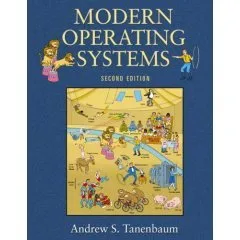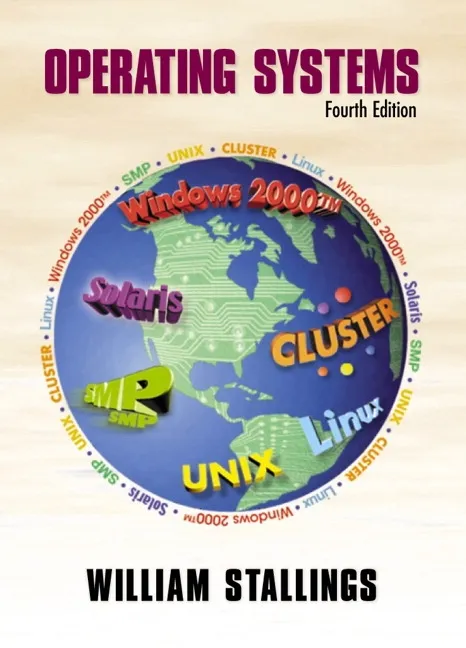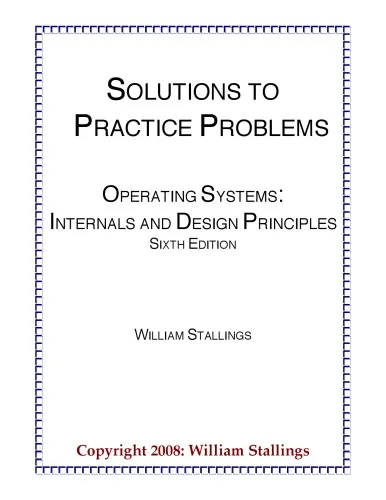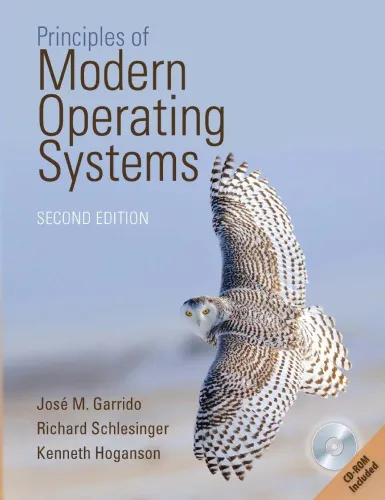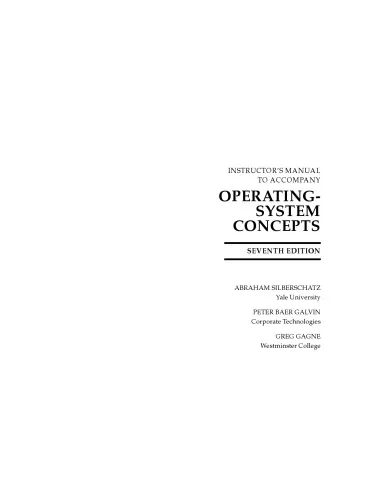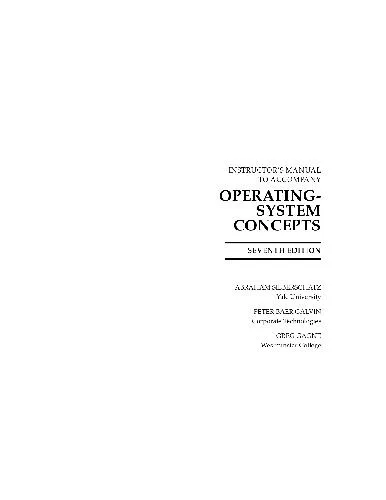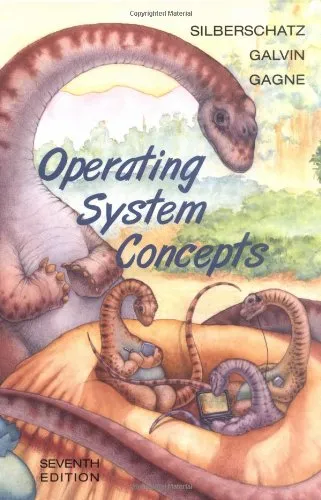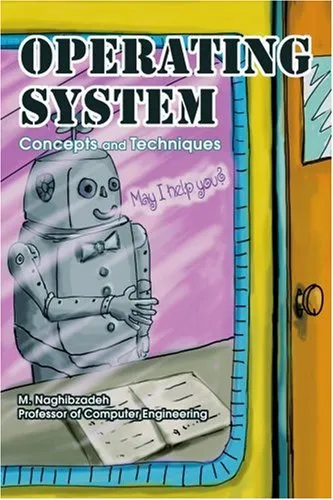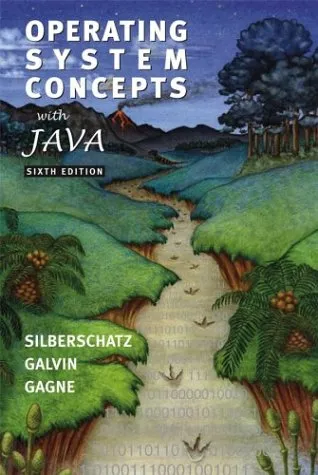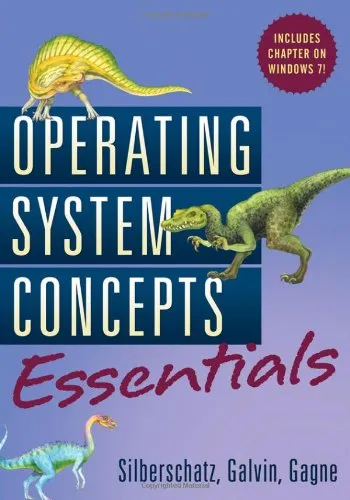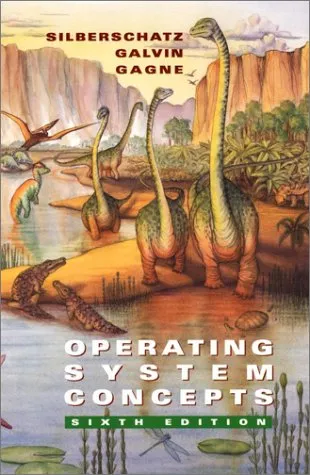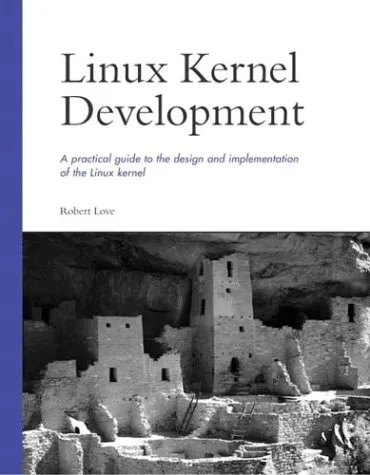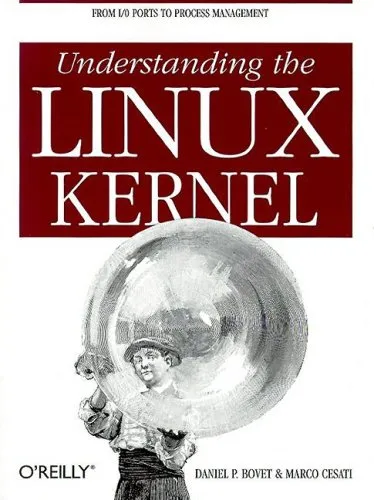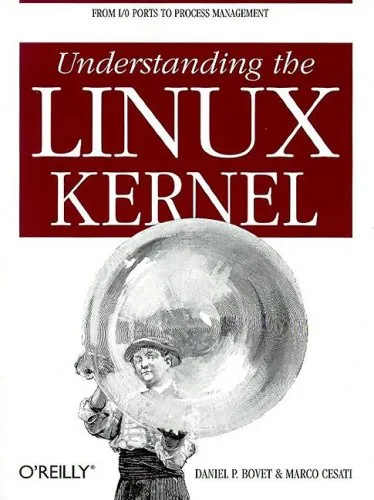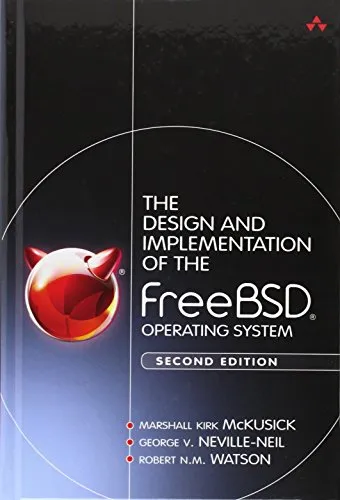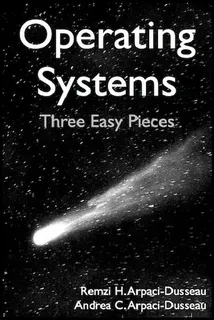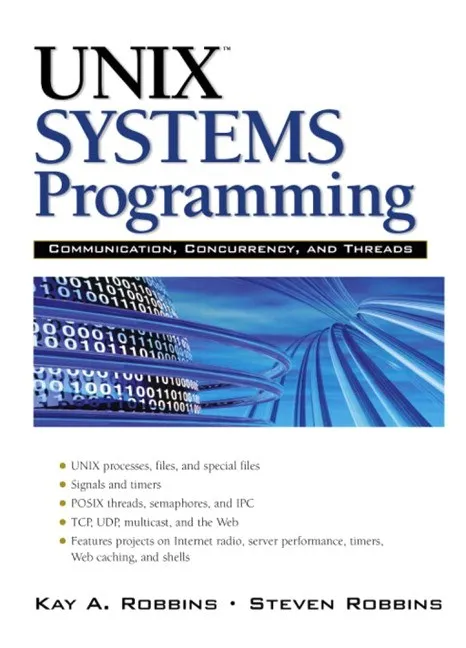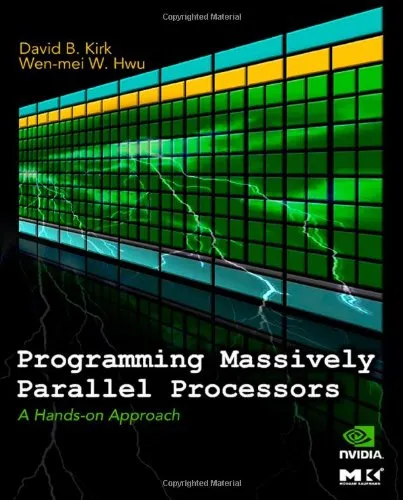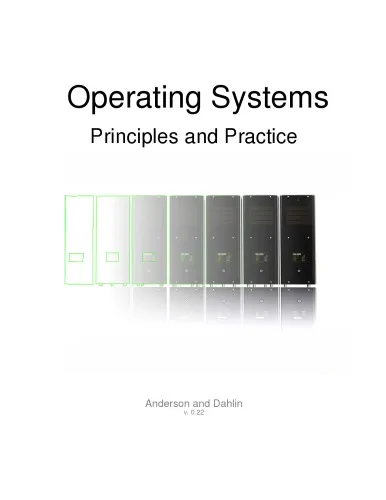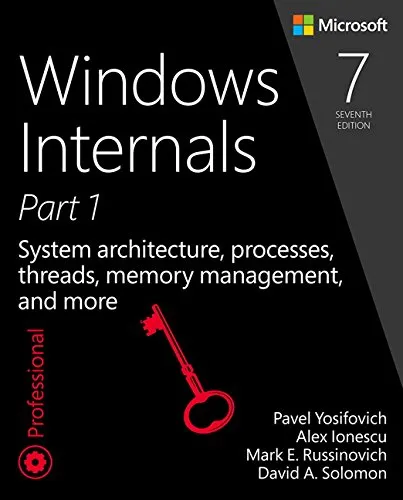Modern operating systems
4.1
Reviews from our users

You Can Ask your questions from this book's AI after Login
Each download or ask from book AI costs 2 points. To earn more free points, please visit the Points Guide Page and complete some valuable actions.Related Refrences:
Persian Summary
Introduction to 'Modern Operating Systems'
Welcome to the comprehensive world of operating systems, as detailed in 'Modern Operating Systems' by Andrew S. Tanenbaum. This book serves as a cornerstone for understanding the intricate functionalities, architectures, and theories that govern modern operating systems. Whether you're a student embarking on a journey in computer science, a seasoned professional, or an enthusiastic learner, this book offers essential insights and practical knowledge.
Detailed Summary
In 'Modern Operating Systems', we delve deeply into the fundamental principles of operating systems, offering a thorough examination of what makes them tick. The book covers various operating system concepts such as process management, memory management, file systems, I/O systems, and security. Each chapter is crafted to balance theory with real-world applications, offering crucial insights into how real operating systems like UNIX, Linux, and Windows operate.
One of the book's primary goals is to demystify the distinctions between different types of operating systems. By exploring concepts like multiprocessing and parallelized operations, it becomes evident how these systems efficiently manage resources and processes. The book also provides historical context, aiding readers in understanding how past innovations have shaped contemporary practices.
Key Takeaways
- Conceptual Clarity: Grasp fundamental concepts such as kernels, threads, inter-process communication, and concurrency.
- Real-World Examples: Learn from detailed case studies of popular operating systems, reinforcing theoretical knowledge with practical insights.
- Security and Protection: Discover how modern operating systems protect data and manage security threats.
- System Performance Optimization: Understand the techniques involved in optimizing system performance and resource management.
- Emerging Trends: Stay ahead by exploring trends like mobile operating systems, cloud computing, and the role of OS in distributed systems.
Famous Quotes from the Book
"An operating system is a program that acts as an intermediary between a user of a computer and the computer hardware."
"The fundamental job of an operating system is to allocate resources to processes (such as the CPU time and memory) in an efficient and fair manner."
Why This Book Matters
'Modern Operating Systems' is more than just a textbook; it is a vital resource for anyone seeking a profound understanding of how operating systems function and their role in the world of computing. Its practical approach to explaining complex topics makes it an invaluable tool for educators and learners alike.
The importance of operating systems in today’s digital landscape cannot be overstated. They are the backbone of all computing systems, from the smallest embedded devices to the most robust mainframes. 'Modern Operating Systems' breaks down these complex systems, making them accessible and understandable. By understanding operating systems, readers gain insight into the very fabric of computing technology, empowering them to innovate and develop new technologies.
Moreover, this book is recognized for preparing its readers not only to grasp current technologies but also to analyze and predict future trends in operating systems. Whether you aim to design your own system or simply want a deeper understanding of the operating platforms, this book provides the knowledge and foresight required to succeed in the ever-evolving tech industry.
Free Direct Download
You Can Download this book after Login
Accessing books through legal platforms and public libraries not only supports the rights of authors and publishers but also contributes to the sustainability of reading culture. Before downloading, please take a moment to consider these options.
Find this book on other platforms:
WorldCat helps you find books in libraries worldwide.
See ratings, reviews, and discussions on Goodreads.
Find and buy rare or used books on AbeBooks.
1699
بازدید4.1
امتیاز0
نظر98%
رضایتReviews:
4.1
Based on 0 users review
Questions & Answers
Ask questions about this book or help others by answering
No questions yet. Be the first to ask!
